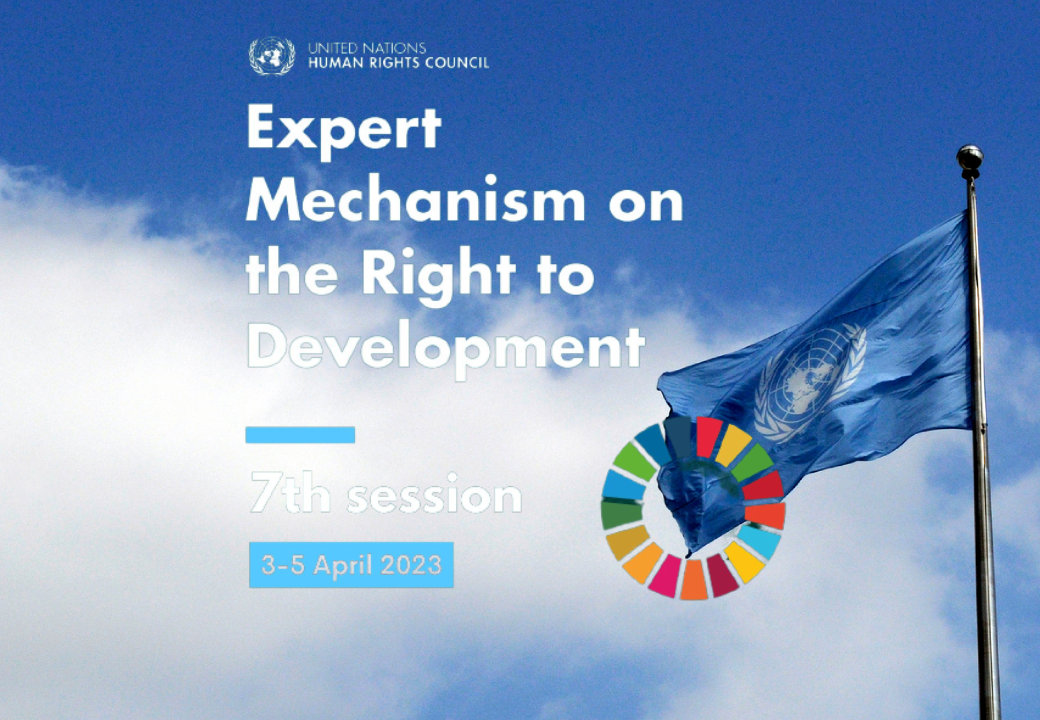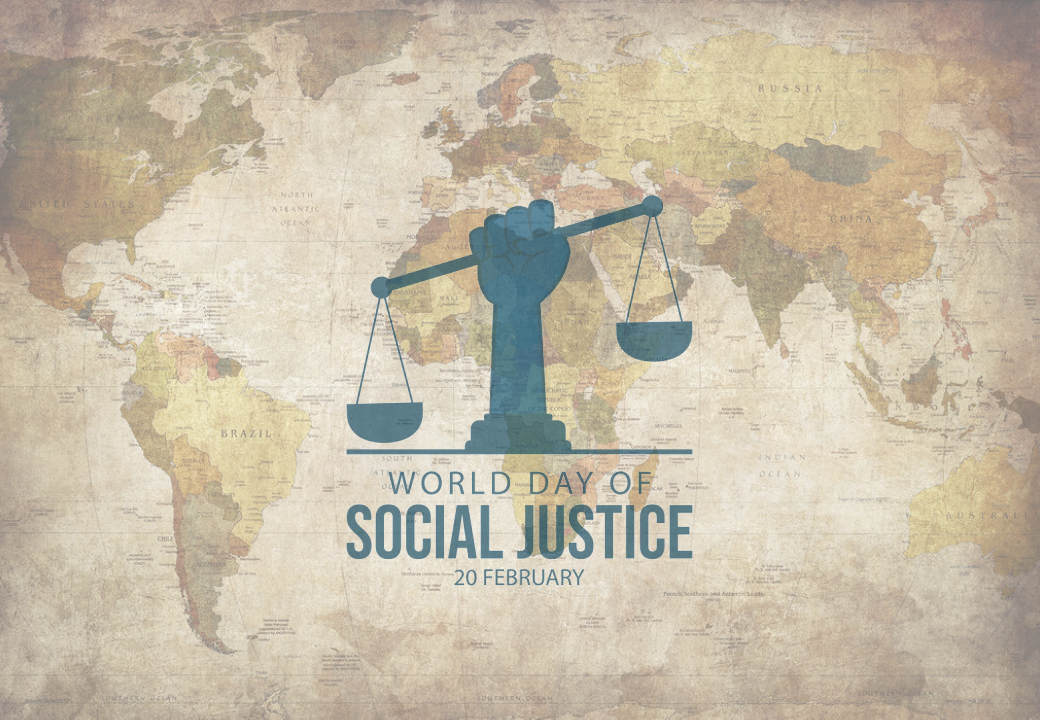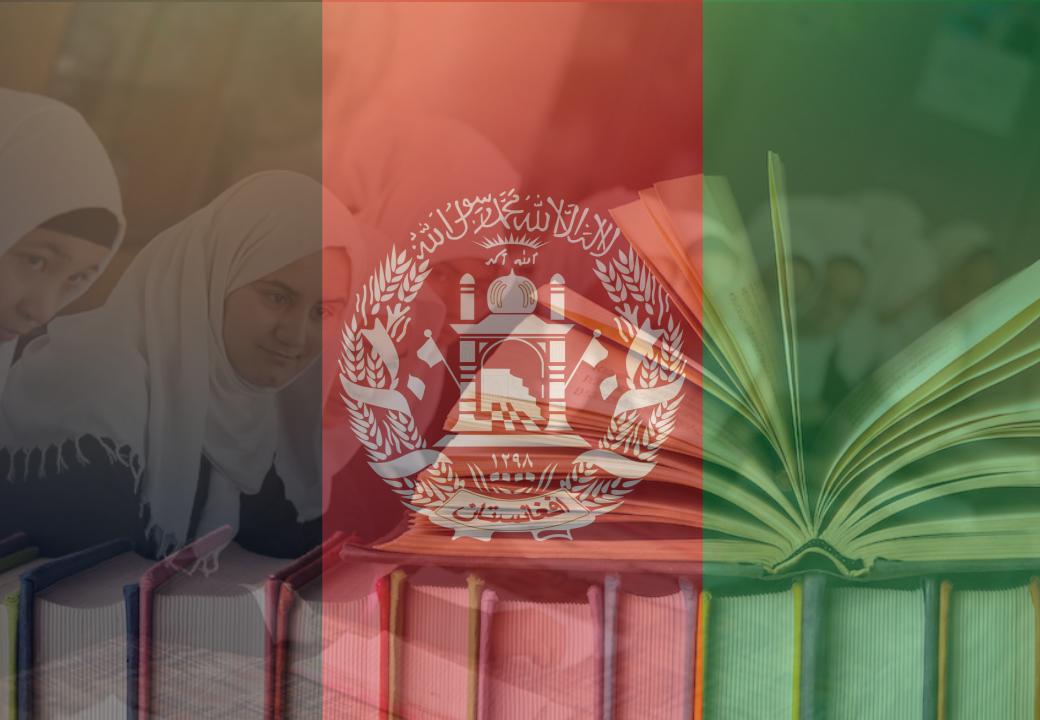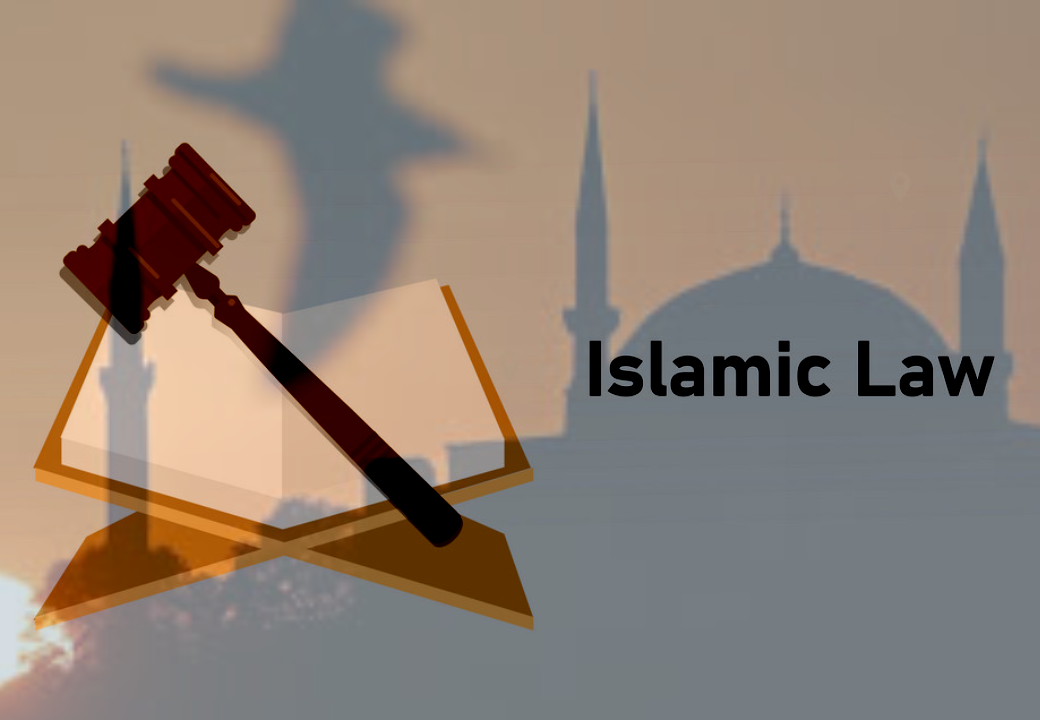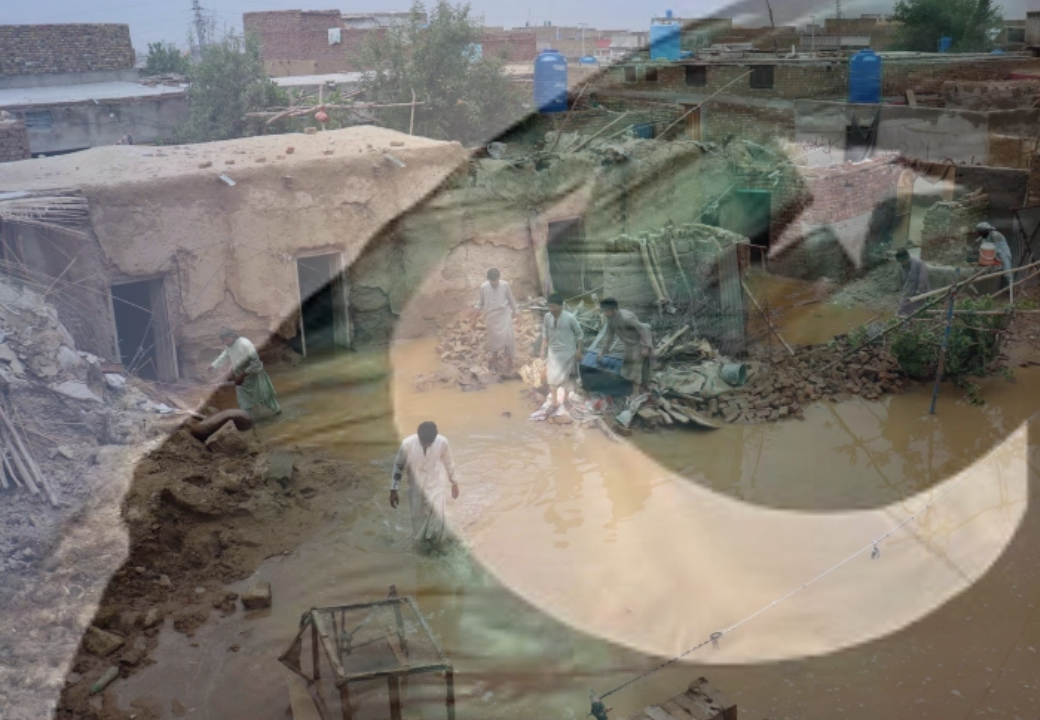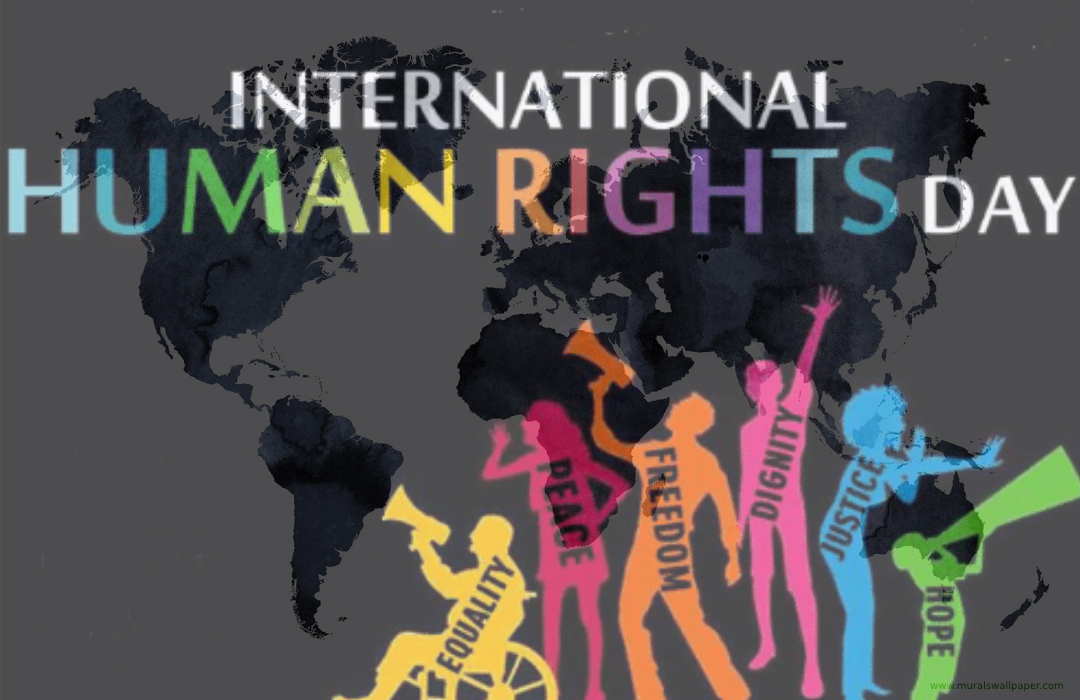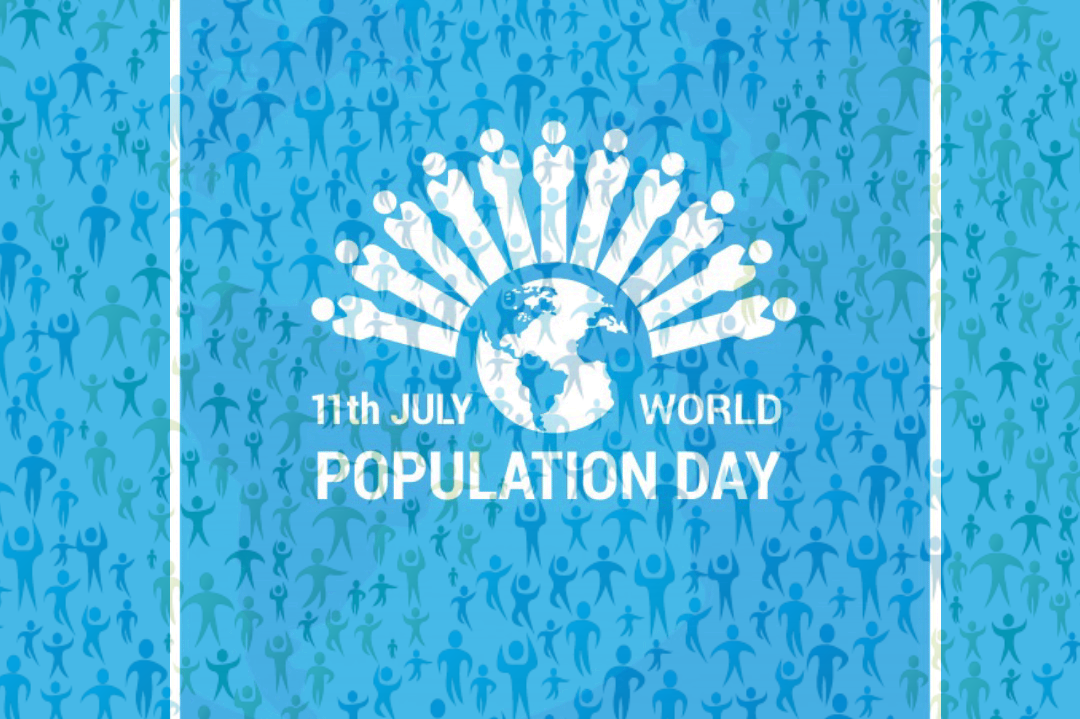Laws, Questions and answers about Islamic government, Sharia Law & democracy
( English Translation will be uploaded in near future )
Link to Arabic Site
Full text of questions and answers are also pasted below.
منشور الشريعة الاسلامية في الحكومة والشعب
مؤسسة شيرازي فاونديشن العالمية تجيب على الاستفتاءات الواردة اليها والأجوبة الصادرة وفق فتاوى المرجع الديني الكبير سماحة اية الله العظمى السيد صادق الحسيني الشيرازي
حول حقوق المعارضة في الإسلام
السلام عليكم ورحمة الله وبركاته
نظراً للظروف الحالية في العراق، وتقصير الحكومة في أداء مهامها تجاه الشعب العراقي، وقيام بعض الشباب في بغداد و عدد من المحافظات الأخرى بالمظاهرات السلمية بين فترة وأخرى ضد الحكومة والمسؤولين، والمطالبة بحقوقهم المشروعة، يرجى الإجابة على الأسئلة التالية ولكم الشكر:
السؤال 1: هل يجوز منع الصحافة من نقد الحكومة والحكام المسؤولين؟
الجواب: لا يجوز ذلك، بل لابد من حرية الصحافة في نقد الحكومة والحكام، ليكون ذلك ضماناً من انحراف الحكومات.
السؤال 2: هل يجوز للحكومة اعتقال المعارضة السياسية ومنعهم عن التجمعات وإبداء الرأي بالشكل السلمي؟
الجواب: لا يجوز ذلك، فالمعارضة لها حقوقها المشروعة.
السؤال 3: هل يجوز حصر الإعلام من التلفاز والإذاعات والصحف بيد الحكومة وحرمان المعارضة منها؟
الجواب: لا يجوز ذلك.
السؤال 4: هل يحق للشعب – بالأكثرية- أن يغير الحاكم في البلاد الإسلامية حتى وإن كان فقيهاً أو منصوباً من قبل الفقيه؟
الجواب: نعم يحق له ذلك في غير المعصوم عليه السلام.
السؤال 5: هل تأسيس الأحزاب السياسية والتكتلات الشبابية بحاجة إلى إذن من الحكومة؟
الجواب: لا حاجة إلى إذن الحكومة ولا يحق لها المنع منها.
السؤال 6: هل يجوز للحكومة مصادرة أموال المعارضة؟
الجواب: لا يجوز ذلك.
السؤال 7: هل يجوز للحكومة إلقاء القبض على الأشخاص الذين يتظاهرون ضدها أونفيهم أوإخراجهم من البلد أوسجنهم؟
الجواب: لا يجوز ذلك، بل هو موجب للضمان.
السؤال 8: هل يجوز للحكومة اتخاذ أسلوب العنف واستعمال السلاح في حق المتظاهرين ضدها؟
الجواب: لا يجوز ذلك مطلقا، فان التظاهر حق مكفول في الشريعة، فضلا عن عدم وجود العنف في الإسلام.
السؤال9: هل يحق لفقيه واحد وإن كان حاكماً، أن يتفرد بالرأي فيما يتعلق بالموضوعات الهامّة كالصلح والحرب وما شابه ذلك من الأمور العامة المرتبطة بشؤون مختلف الناس؟
الجواب: لا يجوز ذلك، وإنما هو بتوافق الفقهاء المراجع الذين يرجع الناس إليهم في التقليد وبالمشورة بينهم، مضافا إلى الأخذ برأي الأخصائيين الثقاة، كما يجب توفير بقية الشروط الشرعية أيضاً.
السؤال 10: هل يحق للحاكم وإن كان فقيهاً أو منصوباً من قبل الفقيه، أن يستبد برأيه في الحكم؟
الجواب: لا يجوز الاستبداد في الحكم.
السؤال 11: هل يجوز تضييع حقوق الإنسان وتضييق حرياته المشروعة؟
الجواب: يلزم رعاية حقوق الإنسان على الوجه الذي أمر به الإسلام.
السؤال 12: هل يجوز إجراء الحدود إذا كان ذلك موجباً لتشويه سمعة الإسلام والمسلمين؟
الجواب: لا يجوز تشويه سمعة الإسلام والمسلمين.
السؤال 13: هل يجوز للحكومة وضع الجواسيس على الناس لتتبع أخبارهم والحد من حرياتهم؟
الجواب: يحرم التجسس على المسلمين ووضع الجواسيس عليهم.
السؤال 14: هل يجوز التعاون مع الحكومات التي تظلم شعبها وتمنعهم من حرياتهم المشروعة؟
الجواب: لا يجوز ذلك.
السؤال 15: هل يجوز أخذ الاعتراف عبر تعذيب المعتقل؟
الجواب: التعذيب حرام في الإسلام، ولا يجوز انتزاع الإقرار ممن يحتمل فيه الإجرام بالضرب والتعذيب، بل يجب التوصل إليه بالطرق الشرعية وإذا اعترف في هذه الصورة فلا اعتبار به.
السؤال 16: هل يجوز إيذاء الشخص أو جرحه ، أو إتلاف أموال الناس بحجة الأمر بالمعروف والنهي عن المنكر؟
الجواب: لا يجوز ذلك.
السؤال 17: هل هناك حجية في القضاء التابع للحكومة والخاضع للسلطة الذي يحكم بسجن المتظاهرين وإعدام بعضهم؟
الجواب: لا مشروعية له، بل لابد للقضاء أن يكون مستقلاً عن الحكومة وعن نفوذها، ويعرف ذلك بقبول الدعاوى والاهتمام بها حتى ضد أكبر مسؤول في الدولة.
السؤال 18: إذا أصابت المسلمين فتنة وارتدت على أثرها جماعة كبيرة منهم، هل يجري عليهم حكم الارتداد؟
الجواب: لا يجري ذلك، ولذا لم يجرها أميرالمؤمنين (عليه السلام) على من خرجوا عليه في البصرة وصفين والنهروان حتى بعد تمكنه منهم.
السؤال 19: هل يجوز للقضاء أن يحكم على المتظاهرين ضد الدولة بحكم المحارب لله وللرسول صلى الله عليه وآله ؟
الجواب: لا يجوز ذلك.
السؤال 20: مع صدق المحارب هل يجوز الحكم بالإعدام على بعض المتهمين؟
الجواب: لا يصدق المحارب على المعارضة لمجرد تظاهرهم ضد الدولة أو حكامها، وإجراء حكم الإعدام على المحارب من اختصاص المعصوم عليه السلام دون غيره.
السؤال 21: هل التجمعات والتظاهرات السلمية التي تقام من قبل الناس والمعارضة بحاجة إلى الاستئذان من الدولة؟
الجواب: لا تحتاج إلى الاستئذان.
السؤال 22: هل يجوز للمعارضة اتخاذ العنف ضد الدولة من حرق المباني الحكومية والإضرار بالمال العام، وإيذاء الناس وقطع الطرق؟
الجواب: لا يجوز.
السؤال 23: هل يجوز للمعارضة التعدي على رجال الشرطة والأمن؟
الجواب: لا يجوز التعدي من أي طرف كان.
السؤال 24: هل يجوز اعتقال الناس من الشارع بمجرد مشاركتهم في المظاهرات التي تناهض الحكومة؟
الجواب: لا يجوز.
السؤال 25: هل يجوز الحكم بالإعدام على من لم يقتل شخصاً وإن كان مخالفاً سياسياً للحكومة، وقد شارك في المظاهرات وسدّ الشارع للتعبير عن رأيه؟
الجواب: لا يجوز
السؤال 26: هل يجوز للشرطة والحرس أن يأتمروا بأمر الدولة في إطلاق الرصاص الحي أو المطاطي على المتظاهرين الذين ينادون بالإصلاحات أو بتغيير الدولة أو عزل الحاكم؟
الجواب : لا يجوز
السؤال 27: هل يجوز للناس المطالبة بعزل الحاكم وإن كان حاكماً إسلامياً؟
الجواب: يجوز في غير المعصوم عليه السلام.
السؤال 28: هل يجوز للشرطة والحرس أن يأتمروا بأمر الدولة في اعتقال المعارضة السياسية من الذين ينادون بالإصلاحات أو بتغيير الدولة، أو اعتقال من تكلم ضد الحكومة أو ضد القيادة، أو نشر شيئاً في صفحاته على المواقع الاجتماعية انتقد فيها الحاكم؟
الجواب: لا يجوز
السؤال 29: هل يجوز للقاضي أن يحكم بحكم المحاربة على الشباب المعتقلين بتهمة تواطئهم على النظام الحاكم؟
الجواب: لا يجوز
السؤال 30: كيف ومتى تفقد الدولة شرعيتها؟
الجواب: إذا أراد الناس تغييرها ولم يرضوا بها.
السؤال 31: كيف ومتى يفقد الحاكم شرعيته؟
الجواب: إذا أراد الناس تغييره ولم يرضوا به.
السؤال 32 : كيف يمكن معرفة أن الناس لم يرضوا بالحكومة أو الحاكم ويريدون تغييرهما؟
الجواب: يعرف ذلك من خلال حرية الصحافة والأحزاب والإعلام وحرية التعبير عن الرأي عبر إقامة المظاهرات السلمية وعبر صناديق الاستفتاء.
السؤال 33: هل يجوز المطالبة بالاستفتاء العام حول شرعية الحاكم والحكومة؟
الجواب: نعم ويلزم أن تكون الصناديق تحت رعاية المنظمات المستقلة غير الخاضعة للدولة.
السؤال 34: هل يجوز للناس المطالبة بالاستفتاء العام لتغيير الحكومة أو تغيير القوانين الوضعية أو تغيير المسؤولين؟
الجواب: نعم يجوز لهم ذلك.
السؤال 35: نرى أن بعض الدول تطلق النار على الشباب والشابات وغيرهم من المشاركين في المظاهرات التي تقام ضد السلطة الحاكمة، فهل هذا يجوز شرعاً؟
الجواب: لا يجوز، فإن إراقة الدماء من أشد المحرمات في الشرعية الإسلامية.
السؤال 36: إذا ادعت دولة أنها دولة إسلامية ولكنها تعاملت مع المعارضة على خلاف تعامل رسول الله والإمام أمير المؤمنين (عليهما السلام) من اتخاذ سياسة العفو والصفح، بل قامت بسحق المتظاهرين عبر اعتقالهم وسجنهم وتعذيبهم والحكم بالإعدام على بعضهم، فما حكمها؟
الجواب: لا شرعية لهذه الدولة، ولا يجوز لها ذلك.
السؤال 37: هل يجوز للدولة أن تتعامل في المجال الاقتصادي والسياسي بطريقة توجب سقوط عملتها والإضرار بالناس بسبب ذلك؟
الجواب: لا يجوز ذلك، وهو من سرقة الناس بالشكل غير المباشر.
السؤال 38: هل يجوز للدولة أن تتعامل مع سائر الدول في المجال الدبلوماسي بشكل سلبي مما ينعكس سلباً على معيشة الناس والضيق عليهم؟
الجواب: لا يجوز ذلك.
السؤال 39: هل من الصحيح للدولة أن تتخذ سياسة العداء ضد سائر الدول الكبيرة والصغيرة، بحيث يوجب عزلها دولياً؟
الجواب: لا يصح ذلك.
السؤال 40: هل يجوز للدولة الأخذ من قوت شعبها وصرفها على السياسية الخارجية والتدخل في الدول الأخرى ؟
الجواب: لا يجوز ذلك.
السؤال 41: هل يجوز للدولة أن تصرف المليارات على صنع السلاح وشرائه وإهمال الوضع المعيشي للناس بحيث يزداد الفقر فيهم يوماً بعد يوم؟
الجواب: لا يجوز ذلك.
السؤال 42: هل كان من سيرة النبي والأئمة المعصومين (عليهم السلام) أن يفرضوا أنفسهم على الناس ليحكموهم حتى وإن لم يرضوا بهم؟
الجواب: لم يكن ذلك من سيرتهم.
السؤال 43: هل يجوز اعتقال النساء المتظاهرات التي يرددن الشعارات ضد الدولة؟
الجواب : لا يجوز ذلك
السؤال 44: هل يجوز للشرطة الرجال اعتقال النساء المتظاهرات بلمسهن وأخذهن قسوة وربما ضربهن؟
الجواب: لا يجوز ذلك.
السؤال 45: هل يجوز ضرب المتهم حين اعتقاله؟
الجواب: لا يجوز
السؤال 46: هل يجوز منع المتهم من اتخاذ الوكيل للدفاع عنه؟
الجواب: لا يجوز
السؤال 47: هل يجوز التسرع في الحكم بالإعدام والسجن على المتهمين وخاصة في القضايا السياسية؟
الجواب: لا يجوز
السؤال 48: هل يجوز للدولة أن تضغط على الحوزات العلمية والعلماء بلزوم متابعة سياسات الدولة وتأييدها، وعدم اتخاذ موقف يخالف آراء الحكومة؟
الجواب: لا يجوز بل لابد من حرية الحوزات العلمية لنقد الحكومات وسياساتها الخاطئة.
السؤال 49: هل يجوز للناس المطالبة بتغيير الحكام وتبدل الحكومات؟
الجواب : يجوز ذلك.
السؤال 50: هل يجوز للجامعيين من طلاب وأساتذة المشاركة في مظاهرات تنتقد الحكومة والحكام وتنادي بعزلهم وتغييرهم؟
الجواب: يجوز ذلك.
السؤال 51: هل يجوز للدولة الدخول في الحرم الجامعي واعتقال الاساتذة والطلاب المعارضة للحكومة سياسياً؟
الجواب: لا يجوز ذلك.
السؤال 52: هل يجوز للدولة منع طلبة الجامعة والأساتذة التي يخالفون النظام الحاكم، من الحضور في الحرم الجامعي والمشاركة في الدرس والتدريس والامتحانات؟
الجواب: لا يجوز ذلك.
السؤال 53: هل يجوز تأسيس لجان شعبية لقمع المتظاهرين؟
الجواب: لا يجوز
السؤال 54: هل يجوز التقاط صور المتظاهرين ضد الحكومة، لتوريطهم أمام المحاكم؟
الجواب: لا يجوز
السؤال 55: هل يجوز للحكومة اتهام المتظاهرين بأنها مدعومة من الدول الأجنبية؟
الجواب: لا يجوز
السؤال 56: هل يجوز للحكومة قتل الأبرياء وتخريب أموال الناس عبر أياديها ثم نسبة ذلك للمتظاهرين؟
الجواب: لا يجوز
السؤال 57: هل يجوز للحكومة منع الناس من إقامة العزاء على المقتولين في المظاهرات؟
الجواب: لا يجوز
السؤال 58: هل يجوز للحكومة الضغط على ذوي المقتولين في المظاهرات للاعتراف الكذب بأنهم قد قُتلوا بالانتحار وبحادث المرور وما أشبه.
الجواب: لا يجوز.
السؤال 59: هل يجوز للحكومة سرقة جنازة المقتولين في المظاهرات لدفنها في مكان تريده الدولة على خلاف إرادة ذوي المقتول؟
الجواب: لا يجوز.
السؤال 60: هل يجوز للحكومة المنع من تداوي الجرحى في المظاهرات المناهضة، ومحاسبة الكادر الطبي والأطباء على ذلك؟
الجواب: لا يجوز ذلك.
السؤال 61: هل يجوز للحكومة التستر تحت الغطاء الشرعي لتبرير ما تقوم به من قمع المعارضة وكبت أصوات المتظاهرين؟
الجواب: لا يجوز ذلك.
السؤال 62: هل يجوز إجراء الحدود الشرعية مع وجود الشبهات في التطبيق؟
الجواب: لا يجوز، وقد أكد السيد المرجع (دام ظله) في الفقه كرارا بأن الحدود الشرعية لا تجرى في مثل هذا الزمان.
السؤال 63: هل يجوز للحكومة اتهام المعارضة بأنهم جمع من عصابات السوء؟
الجواب: لا يجوز.
السؤال 64: ما هو واجب الدولة التي تدعي الإسلام تجاه حقوق الإنسان؟
الجواب: يجب مراعاة حقوق الإنسان بكاملها وفق الشريعة الإسلامية من مختلف الحريات وإبداء الرأي وحق تغيير الحاكم وتبديل الحكومة، كما يلزم الالتزام بالعفو والتسامح مع الشعب وحتى المعارضة منهم.
السؤال 65: هل في الإسلام سجين سياسي؟
الجواب: ليس في الإسلام سجين سياسي أبداً.
السؤال 66: هل يجوز للدولة منع الناس من المشاركة في مجالس العزاء التي تقام على قتلى المتظاهرين والمعارضة؟
الجواب: لا يجوز.
السؤال 67: هل يجوز للحكومة منع التجار من غلق المحلات لبيان مخالفتهم واعتراضهم على الدولة؟
الجواب: لا يجوز.
السؤال 68: هل يجوز للحكومة منع الأطباء وأساتذة الجامعة والخطباء والمؤلفين من مزاولة أعمالهم لمجرد أنهم من المعارضة؟
الجواب: لا يجوز.
السؤال 69: هل يجوز للمواطنين تقديم الشكوى ضد مؤسسات الدولة والمسؤولين في تضييع حقوقهم الخاصة والعامة؟
الجواب: يجوز ذلك.
السؤال 70: هل للحاكم في الدولة الإسلامية المصونية القضائية بحيث لا يمكن رفع الشكوى ضده؟
الجواب: ليس كذلك، بل الحاكم حاله حال سائر المواطنين فمن له دعوى ضده يمكنه التحاكم إلى القضاء المستقل.
مؤسسة شيرازي فاونديشن العالمية – واشنطن


